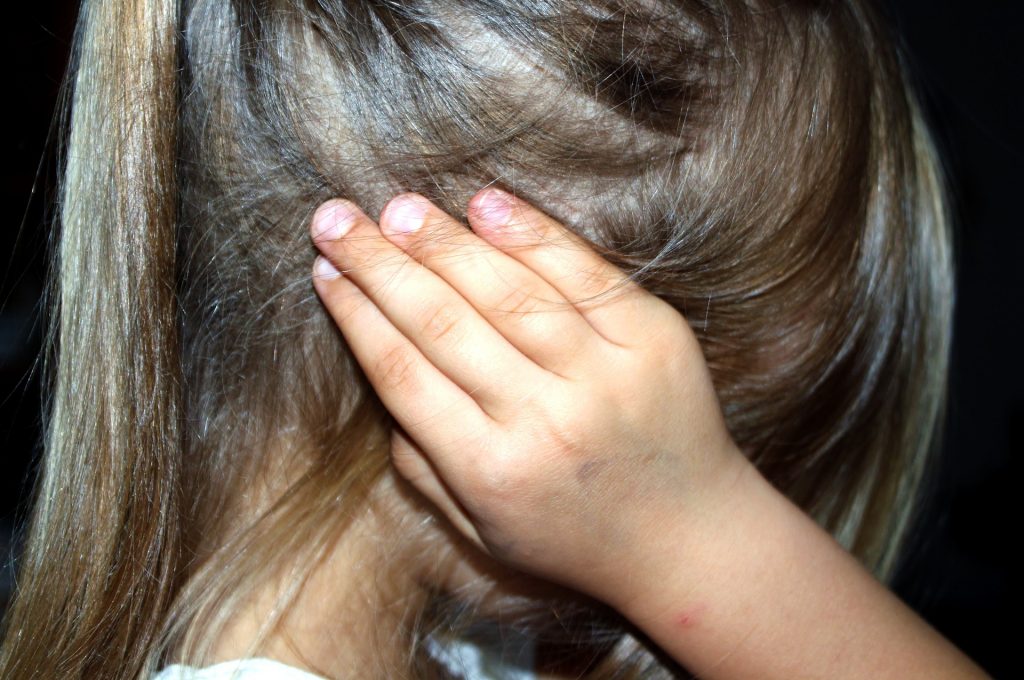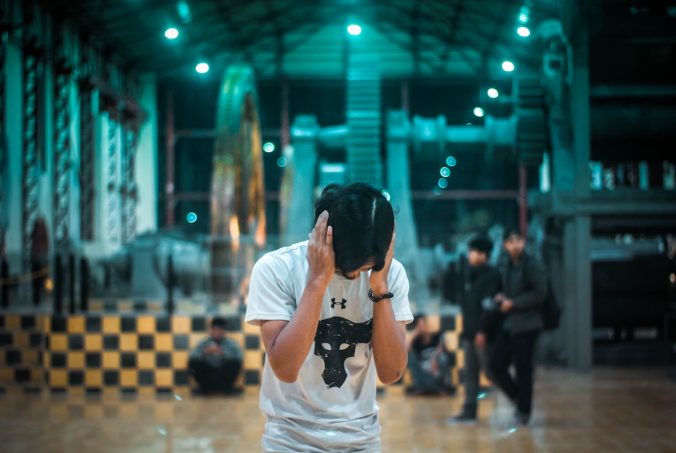Discover what this type of ear damage is, along with its causes, symptoms and possible treatment methods. Follow our guidelines for avoiding this preventable type of hearing loss:
Definition of acoustic trauma
Acoustic trauma is the damage or injury to the inner ear caused by exposure to excessively loud noise. It leads to progressive hearing loss.
This type of injury to the ear’s hearing mechanisms as a result of exposure to high-decibel sound affects the vibrations by which the eardrum transmits signals to the brain, leading to hyperacusis or hearing loss.

The recommended maximum threshold for avoiding any risk of acoustic trauma is 85 dB for continuous exposure to noise for a period of up to 8 hours. These noise levels may be experienced at a music concert, a firework display, an explosion or using headphones to listen to loud music, for example. However, as we warned in previous articles, noise in the workplace can also affect your hearing.
In the cases listed above, if exposure to noise is prolonged and involves high-decibel sounds, it may cause acoustic trauma, as the stereocilia in the inner ear will be damaged and hearing will be lost.
Symptoms of acoustic trauma
The most common symptom of acoustic trauma is tinnitus or a ringing in the ears. Moreover, people who have sustained an acoustic injury will have difficulty hearing high frequency sounds. As the damage progresses, they will also begin to have issues detecting lower frequency sounds.

Types of acoustic trauma
There are two types of acoustic trauma, which are differentiated by the intensity of the sound that led to the loss of hearing and the length of exposure to it:
- Acute acoustic trauma: caused by a short, single exposure to an intense blast of sound. This is the type of trauma that is sustained at a music concert or after spending several hours at a nightclub. It is also caused by explosions or gunshots near the ears, and is seen among hunters or firearms enthusiasts. Damage sustained by the ears in these situations can be reversed, and tends to resolve spontaneously a few hours after the noise is experienced.

- Chronic acoustic trauma: caused by prolonged exposure to harmful, but less intense, noise levels. It leads to gradual damage to the ear and progressive hearing loss over years of exposure to the noise, and can be the result of working with loud machinery (such as in the case of factory workers) or people who use headphones to listen to electronic devices at dangerously high volume levels.

Treating acoustic trauma
Acoustic trauma results in damage to the stereocilia in the inner ear, which in turn leads to a loss of hearing. While it is irreversible, there are treatments that can help to prevent the patient from a further loss of hearing.
The first step is prevention and ensuring adequate protection for our ears. The most effective way to prevent acoustic trauma is by using earplugs or noise-cancelling headphones and setting the volume control on electronic devices to the recommended levels.
As always, Kiversal recommends consulting a specialist for a hearing check-up and advice on the best course of treatment depending on the level of acoustic damage your ears have sustained. Hearing aids may be the best option, or even a surgical tympanoplasty (eardrum reconstruction) in more serious cases. Have you ever suffered acoustic trauma as a result of exposure to noise? Please feel free to share your experience with us. Leave a comment below!

I am suffering from acoustic trauma due to a pistol shot. I am suffering from tinnitus. can it be reversed. ?
Hello. We recommend you go to a specialist that could help you with your acoustic trauma and give you further information. Kind regards.
I worked in broadcast for almost 35 years and was exposed to extremely loud, painful blasts of feedback which sounded like a WAAAAH tone. It was also at full volume as there was someone who used to leave the sound cranked to full. If you turned the system on before noticing that you got blasted. This happened several times over the years. Are you able to tell me if that causes permanent hearing loss, and about how many decibels that could be?
¡Good morning, Sandy! Thank you for your comment and sharing your experience with us. Unfortunately I can not tell you whether this would be permanent or not. I hardly recommend you visiting an specialist so he could diagnose your particular case.